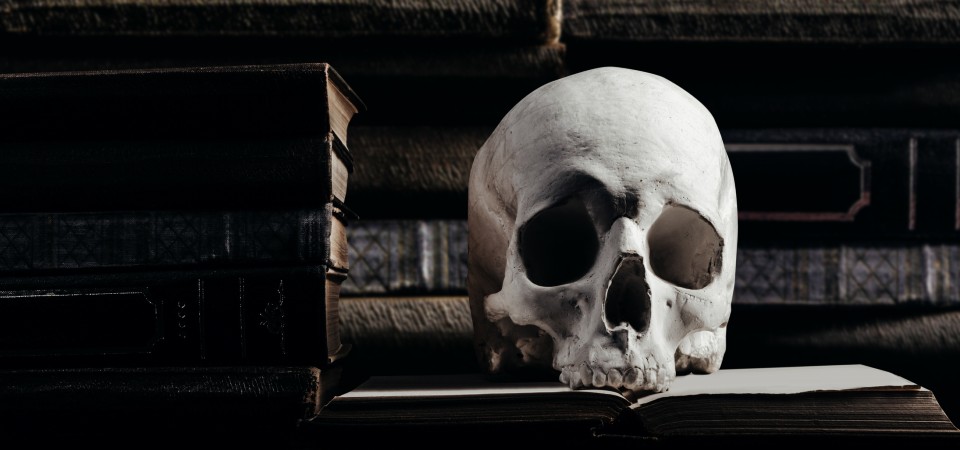Edited by Loughborough’s Dr Nick Freeman, Reader in English, the book, The Little Blue Flames and other Uncanny Tales, collects 13 of Burrage's most characteristic spooky stories in a bid to restore him to his rightful place in the canons of the macabre.
Burrage was a popular writer between the wars, but his works have become less popular over the years.
The new collection is part of the British Library's Tales of the Weird series, which began in 2018 and has been reprinting 19th and 20th century supernatural fiction from classic authors such as Edgar Allan Poe to the works of less familiar, even forgotten, figures.
Dr Freeman said: “Burrage usually published his stories in popular newspapers and magazines, and he liked to set them in the world familiar to his readers, but his work has slipped into undeserved obscurity.
“Unlike many of his contemporaries, he specialised in what might be called 'everyday ghosts', which manifest themselves in pubs and railway carriages, back gardens, hotels, rented rooms and even the battlefields of the Great War.
“Nowhere is safe from them.
“Waving a tattered scarf from the window of an old house summons a company of murderous soldiers from the English Civil War.
“Cruelty to an elderly gardener brings a terrible punishment, Christmas party games are disrupted by spectral interlopers, and even lighting candles in cheap second-hand candlesticks can give you much more than you bargained for.
“It is particularly unwise to spend a night in a waxwork museum's Chamber of Horrors or leave your train at an unfamiliar station.”
Burrage (1889-1956) began writing fiction to support his family following the death of his father in 1906.
He wrote mainly for British pulp magazines, such as The Grand Magazine, The Novel Magazine, Cassell's Magazine and The Weekly Tale-Teller.
As well as writing ghost stories, for which he is best known, he also penned fiction for young boys as well as the humorous novel, Poor Dear Esme (1925), about a boy who disguises himself as a girl and attends a girls' school. He also wrote historic and romantic fiction.
The Little Blue Flames and other Uncanny Tales brings together stories from the 1920s and 30, including Burrage’s horror masterpiece, One Who Saw.
It is available on Amazon.co.uk, WHSmiths, and other shops.
ENDS
